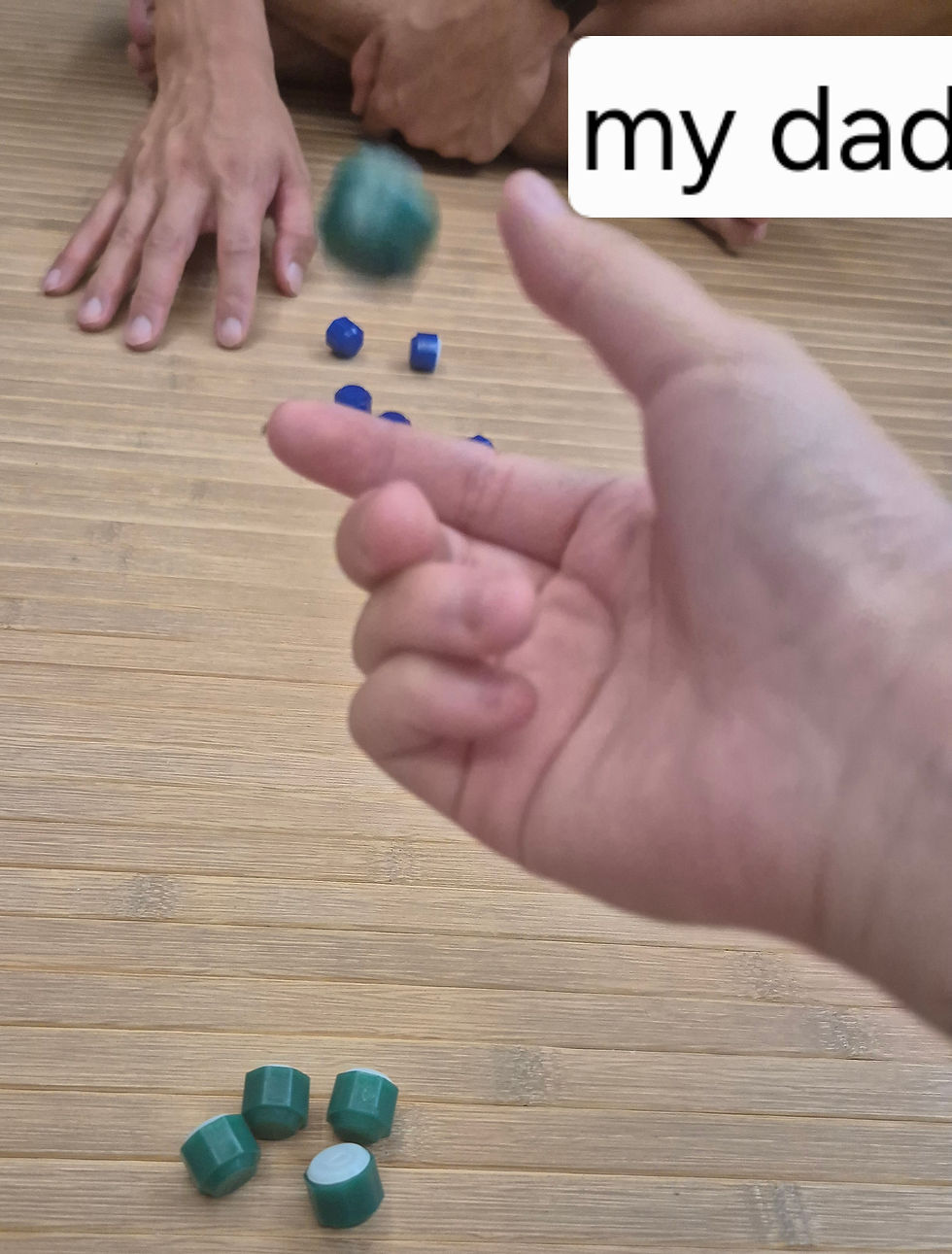KHEPA Digest Report: Voices Beyond the Border – A North Korean Defector’s Story on Economy and Trade
- Myeonguk (Rex) Kim
- Aug 23, 2025
- 3 min read
Updated: Aug 23, 2025

Recently, our school had the profound privilege of hosting a powerful and enlightening interview with a North Korean defector, organized by the Liberty in North Korea (LiNK) club. As a member of KHEPA Digest, I had the honor of attending this event, where the speaker shared her lived experiences and insights under the authoritarian regime of North Korea. Her testimony allows us to approach a rare and intimate window into the restrictive social and economic system of North Korea, with particular emphasis on the devastating impact on individuals and families.
Economic Situations in North Korea
The speaker, who escaped from North Korea in 2006 at the age of 14, emphasized a basic truth that motivated her perilous escape: "There were no options." She depicted North Korea as a class-stratified society with totalitarian restrictions on personal freedom and opportunity. Although her family was classified as middle class and worked very tirelessly—her father in construction, her mother in another government-madadted job—they were never, ever able to overcome persistent poverty as no upward mobility is allowed.

Work was not selected based on personal interest or skills, but assigned by the state. Her father was forced to relocate for a government construction project, which undermined their family stability. While national economic conditions have worsened, her mother was compelled to move to China to pursue better financial opportunities in China. At an age when most children are just beginning high school, she was burdened by the immense responsibility of becoming the survival hope of the family. Her younger sister, only nine years old at the time, was left behind in North Korea.
She noted that even essential staples like rice and corn are often unobtainable in North Korea. She stated bluntly, "If I had remained in North Korea, I would have starved to death." She further highlighted that such extreme poverty and torment in North Korea are derived from not just food insecurity, but also the deepening wealth gap between the upper and lower classes.
Trade and Isolation
Concerning foreign trade, the defector clearly stated that North Korea's regime practically cuts off its citizens from the global economy. For average citizens, excluding the upper class of the regime, access to the international market is non-existent as virtually all economic activity is orchestrated by the state to serve such elite upper class. Private market, including legal foreign trade, is strictly prohibited, and technological infrastructure is either absent or severely underdeveloped. Most citizens live without electricity, internet access, or any meaningful connection to the global economy, disconnected from the modern world.

In contrast, upon leaving North Korea, she encountered different systems of trade, the liberty to decide on markets, and advanced technology. Her journey eventually led her to intern with the World Food Programme in Seoul. She subsequently accepted the role of partnership manager at LiNK, where she arranges rescues of North Korean refugees who are in hiding in China or stranded in transit countries such as Thailand. However, she pointed out that the expense of rescue missions has risen considerably, by as much as tenfold compared to the pre-COVID-19 pandemic era, because of more robust border controls and enforcement in China.
Challenges and Triumphs
Her transition to life in South Korea was far from smooth. She had been in China for two years and six months in a Thai detention camp prior to coming to South Korea. She prioritized financial support to assist her family over completing school. Despite being criticized due to her accent and where she came from, she slowly adjusted, completed schooling, and was eventually able to bring her entire family, including grandparents, to South Korea.
A pivotal moment that deepened her commitment to the LiNK mission was a comment by her father, who expressed the heartbreaking realization that he may never again see his own brother as a result of the closed nature of North Korea. That simple but profound statement became the catalyst for her commitment to LiNK’s mission: to rescue and reunite families, and to ensure that others might one day recognize the freedom and dignity that her family inherently possesses.
Our Takeaways:
“Do not treat North Korean people differently.”
“We cannot choose where we are born.”
“Keep learning. Do what you can.”





Comments